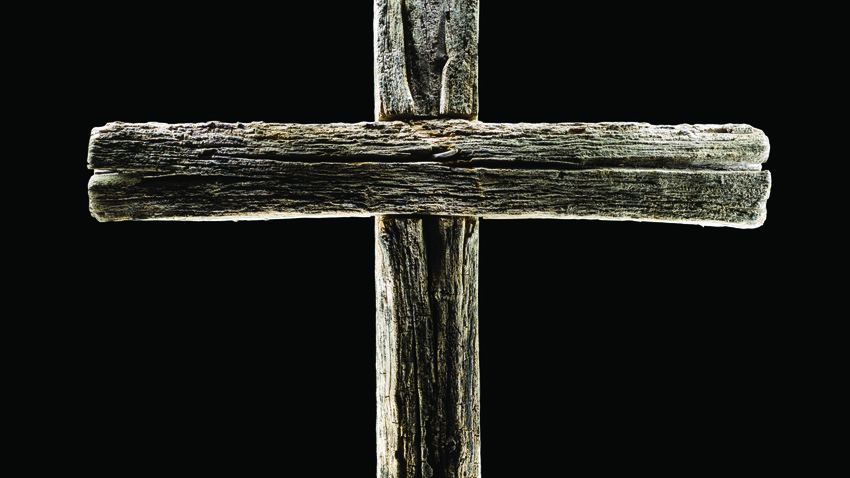Humans have been fascinated for millennia with the thought that there are other intelligent alien life forms in our universe. Most recently from the SETI (Search for Extra-Terrestrial Intelligence) project decades ago to the $100 million ten year Breakthrough Listen Initiative today, science continues to act on this numinous sense that “somewhere out there” are intelligent creatures with whom we might yet communicate.
The Christian Science Monitor and others reported this week a new strategy to find a populated exoplanet. (Exoplanets are planets that orbit a star other than our own Sun—Wikipedia estimates that “over 2000 exoplanets have been discovered since 1988 . . . including 509 multiple planetary systems” en.wikipedia.org/wiki/Exoplanet).
According to the Tech Times website: “The key is to look for [aliens] in the way they are probably looking for us. To look for alien life, astronomers use a technique called ‘transit method,’ which involves investigating the light changes that occur in parent stars when orbiting planets pass by. The Kepler telescope of NASA is said to be the most efficient instrument to do just that. If aliens do exist and also want to find us, they can detect the Earth by looking for the dimming of the sun, which signals Earth's travel. Such dimming may only be observed in the so-called ‘transit zone,’ which is said to house approximately 100,000 possible alien habitats” (www.techtimes.com/articles/137781/20160302/study-reveals-new-trick-for-h...).
I.e., look for small shadows that cross between us and the face of distant stars. Could those shadows belong to orbiting exoplanets like Earth? And if that method effectively identifies a planet, could it be that alien intelligences are also using this method to discover us in our Milky Way solar system home?
“Being able to discover eclipses or transits will encourage aliens to study the event and eventually discover that the Earth has an atmosphere that has undergone chemical changes due to life. ‘They have a higher motivation to contact us, because they have a better means to identify us as an inhabited planet,’ says study author René Heller from the Max Planck Institute for Solar System Research. Such possibility would drive them to look for us and maybe send signals for communication. If we have a keen ear for listening, we may someday catch those signals and eventually find each other” (ibid.).
The ancient Holy Scripture has long championed the notion that the human race is not alone in our universe. Job describes the “sons of God” that reside outside our home planet (Job 1:6; 38:7, et al). And the Bible is replete with references to angel beings (including the “seraphim” and “cherubim” angelic orders) that travel to and from this planet to the celestial headquarters of the Creator.
In fact the Creator Himself incarnated into our human existence for a brief three and half decades (John 1:1-3, 14). But that single “extra-terrestrial” visitation has rewritten human history, literature and scientific advancement. What is more the Bible predicts the return of “this same Jesus” (see Acts 1:11). In the interim those who follow the Incarnated Returning One are commissioned by Him to penetrate the furthest reaches of Earth to communicate the urgently Good News that He is soon to return.
“Hope Trending: A Crash Course in How to Live without Fear” will be beamed into cyberspace from Andrews University’s Howard Performing Arts Center this October 14-22. Its solitary mission will be to communicate that Announcement to Earth (www.hopetrending.org).
There are three ways I hope you’ll respond: (1) pray daily for the success of this new mission; (2) begin a prayer list of individuals to invite to this unique experience; and (3) join the large volunteer team essential for the success of this Kingdom venture. Jesus couldn’t be clearer: “As the Father has sent Me, I am sending you—so go into all the world and share the Good News—for I am with you always, even to the end of the age” (John 20:21; Mark 16:15; Matt 28:20).
The Alien has already found us—it is now our mission to find the lost ones who do not know Him yet.









